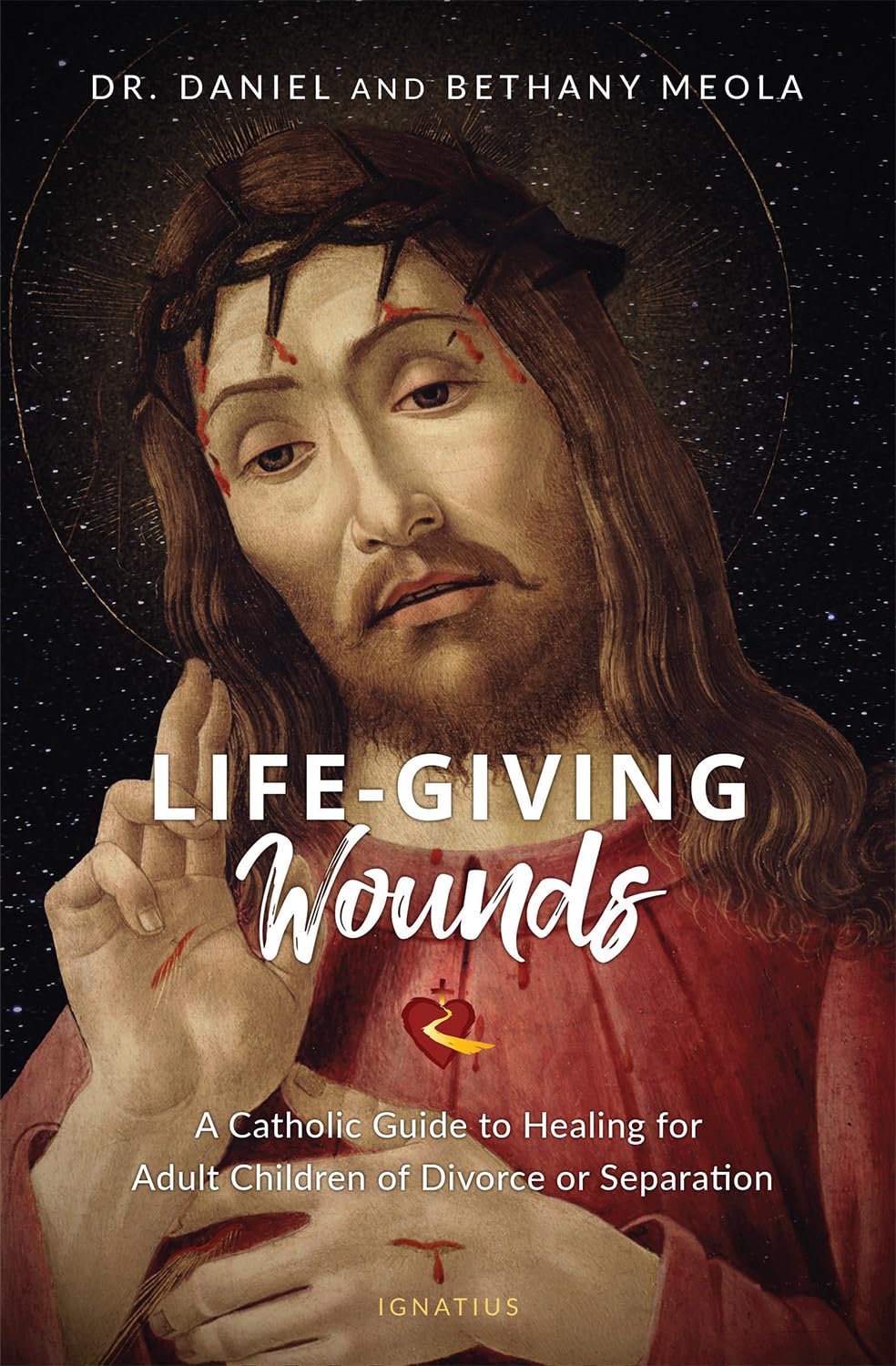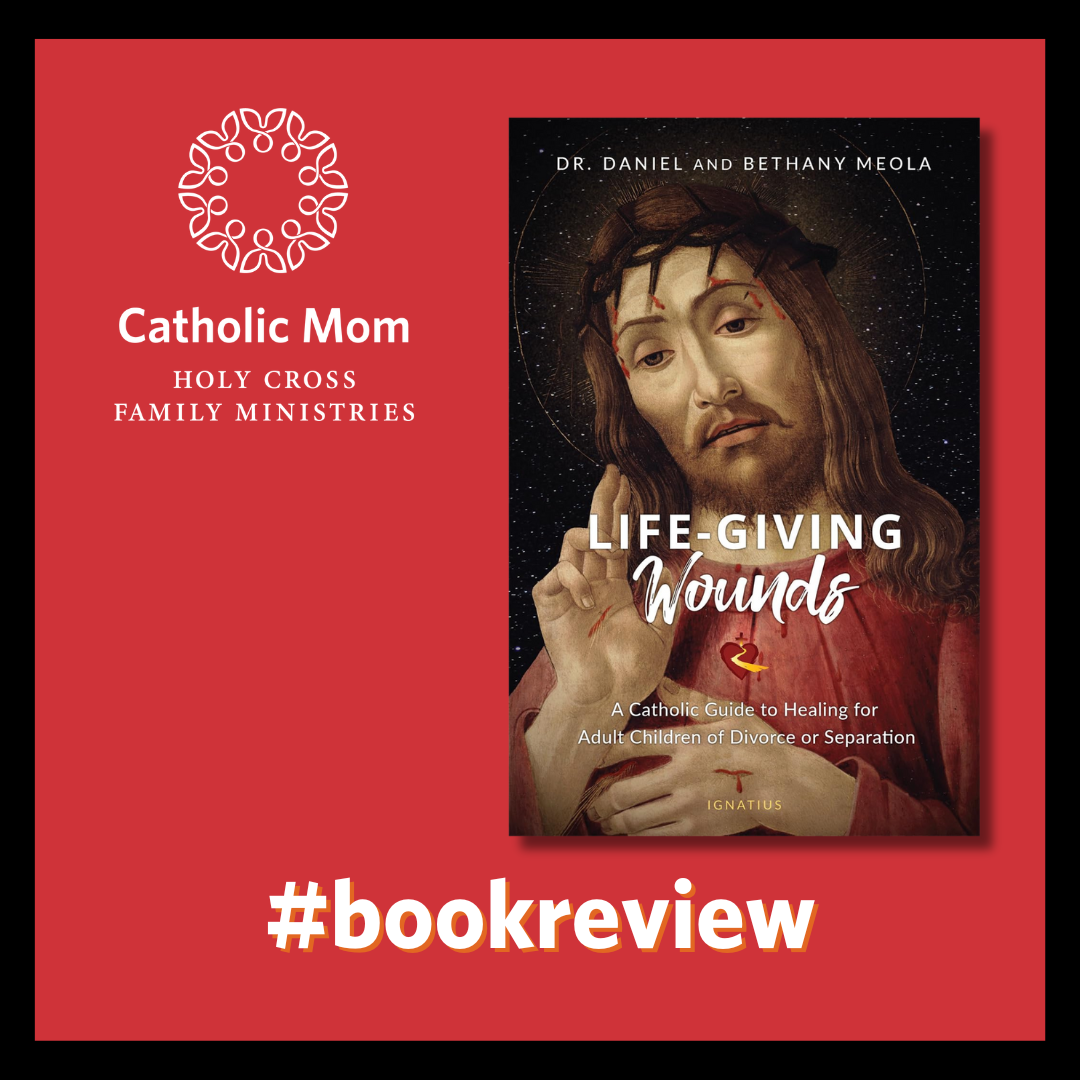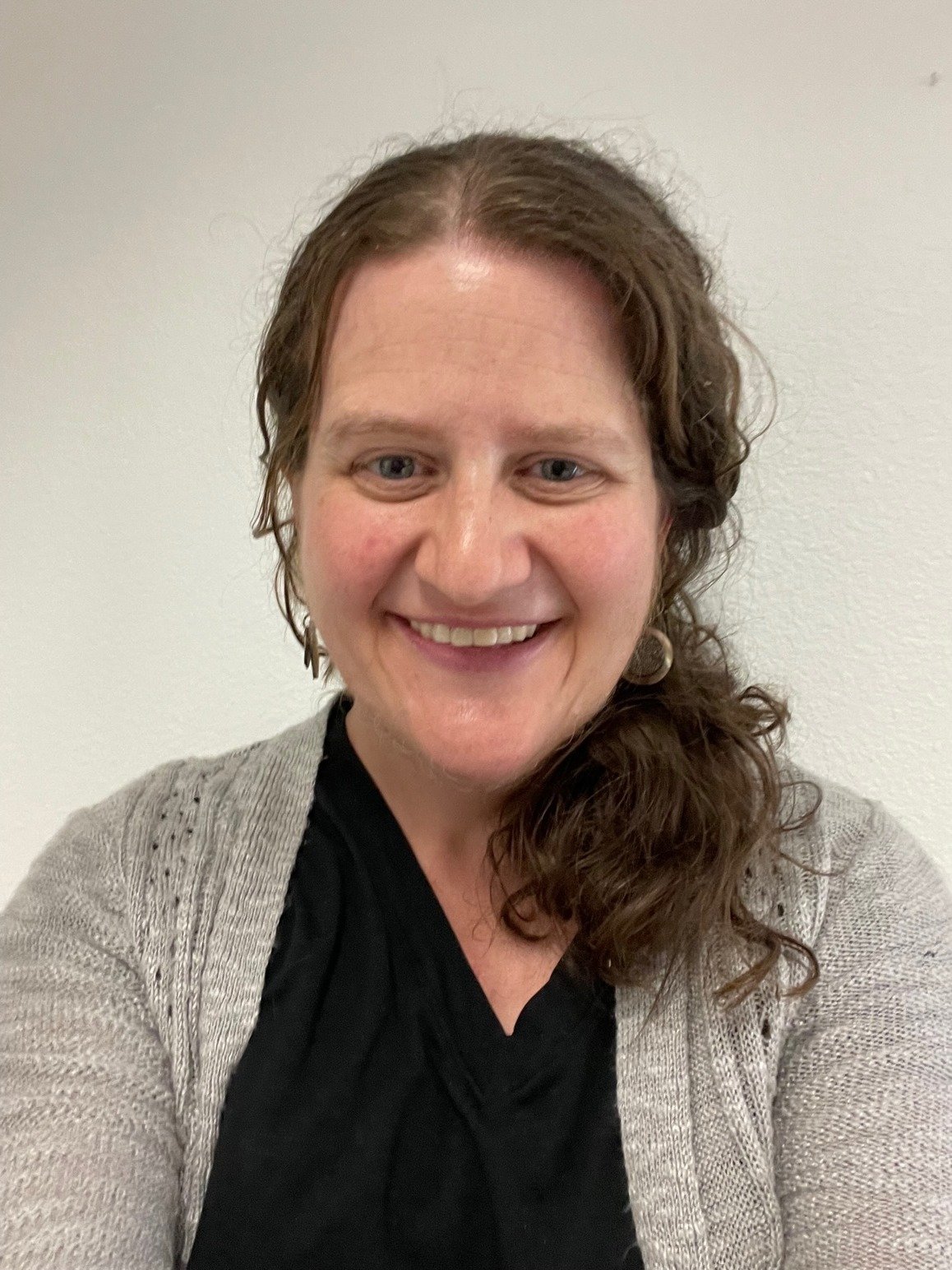
Janelle Peregoy reviews Dr. Daniel and Bethany Meola's new book for adults affected by their parents' divorce.
When I went to interview for my current position ministering with the divorced and separated community, the interviewing panel had generally been asking me about my pastoral approach when serving this population.
Rather abruptly, I found myself going off on a spiel.
The tangent was loosely about how divorce is systemic. It affects far more people than the couple themselves. It fractures families. It has profound, often unrecognized effects on the children of the couple. It often distances friendships and relationships within specific communities, such as parishes. It is a loss that must be grieved.
I thought I lost the job. The Holy Spirit had something else in mind.
Instead, I began collaborating with a rare ministry within the Church that had already been ministering to adult children of divorce or separation, Life-Giving Wounds (LGW).
Co-Founders of Life-Giving Wounds, Dr. Daniel and Bethany Meola, have recently authored Life-Giving Wounds: A Catholic Guide to Healing from Adult Children of Divorce or Separation (Ignatius Press, 2023). This work follows the structure of the popular LGW retreat program, with each chapter elaborating on the brokenness revealed by a specific wound that adult children of divorce (ACOD) face on a regular basis. Yet, this ministry is not meant as litany of lamentation. Rather, every chapter is steeped in theological formation, psychological research and the personal wisdom that comes from accompanying hundreds of men and women from broken homes. Ultimately, every wound is counterbalanced and transformed through the healing love of Jesus Christ.

Growing up in Catholic circles, a child of divorce could mistakenly believe, as I once did, that his or her family is an outlier. Yet, the statistics are mind-numbing. Every year, over a million children in America experience parental divorce. This number excludes adults who experience parental divorce, a phenomenon on the rise considering the so-called gray divorce trend. Add these numbers to the children whose parents never married in the first place and a startling reality emerges. Less than half of American children will grow up in a household of continuously married parents.
The book begins by exploring the wound of silence, this sense that for many ACODs, their suffering is minimized or disregarded. Some children develop a fierce loyalty to a particular parent during the divorce process and will instinctively place his or her parent’s needs above their own. Some children simply enter survival mode as they navigate all the changes that frequently accompany divorce, such as transitory custody arrangements, reduced family financial security, moving, and more. Other ACODs will internalize the frequent echoes of mainstream media’s assertions that kids “are resilient” or are “happy when their parents are happy.” No matter the reason for any individual ACOD’s experience of silence, the recognition of this phenomenon is cathartic and freeing. The subsequent chapter invites the reader to grieve more fully what has been lost.
Another chapter that particularly resonated with me personally explores the wound of a damaged vision of marriage. My own parents divorced when I was 7 and a fractured relationship with my father was a recurring theme throughout my adolescence. I was well into my early 20s when I began noticing a distinct tension in my dating life. Simultaneously, I desperately desired a romantic relationship but was absolutely terrified of one in equal measure. As the Meolas note, divorce communicates that marriage is temporary and love is conditional. And yet, God offers a unique invitation to ACODS. Since the average ACOD overcomes so much doubt and fear to get to the place of authentic yes in marriage and relationships, he or she makes an excellent witness to the joy of love. Equally, the ACOD is less likely to romanticize marriage and instead can maintain a clear-eyed commitment to the daily decisions and hard work that a successful marriage requires.
If you are an adult child of divorce or separation and anything shared in this review remotely resonates with you, read this book. If you are an ACOD and you dismiss the idea that there is anything to grieve, you especially need to read this book. Life-Giving Wounds offers the reader hope of healing through the light of living one’s faith.
To explore more on this topic, please visit my previous article, How to Heal from Parental Divorce.
Ask for Life-Giving Wounds at your local Catholic bookseller, or order online from Amazon.com or the publisher, Ignatius Press.

Copyright 2024 Janelle Peregoy
Images: Canva
About the Author

Janelle Peregoy
Janelle Peregoy, M.Div, is an Associate Director in the Office of Family Life & Spirituality at the Diocese of San Diego. So yes, she has found one of the few positions where it is professionally acceptable to contemplate the spirituality of potty training. A Pope Francis bobble-head sits on her desk for inspiration. See more from Janelle on her blog, Faithfully Irreverent.


.png?width=1806&height=731&name=CatholicMom_hcfm_logo1_pos_871c_2728c%20(002).png)
Comments